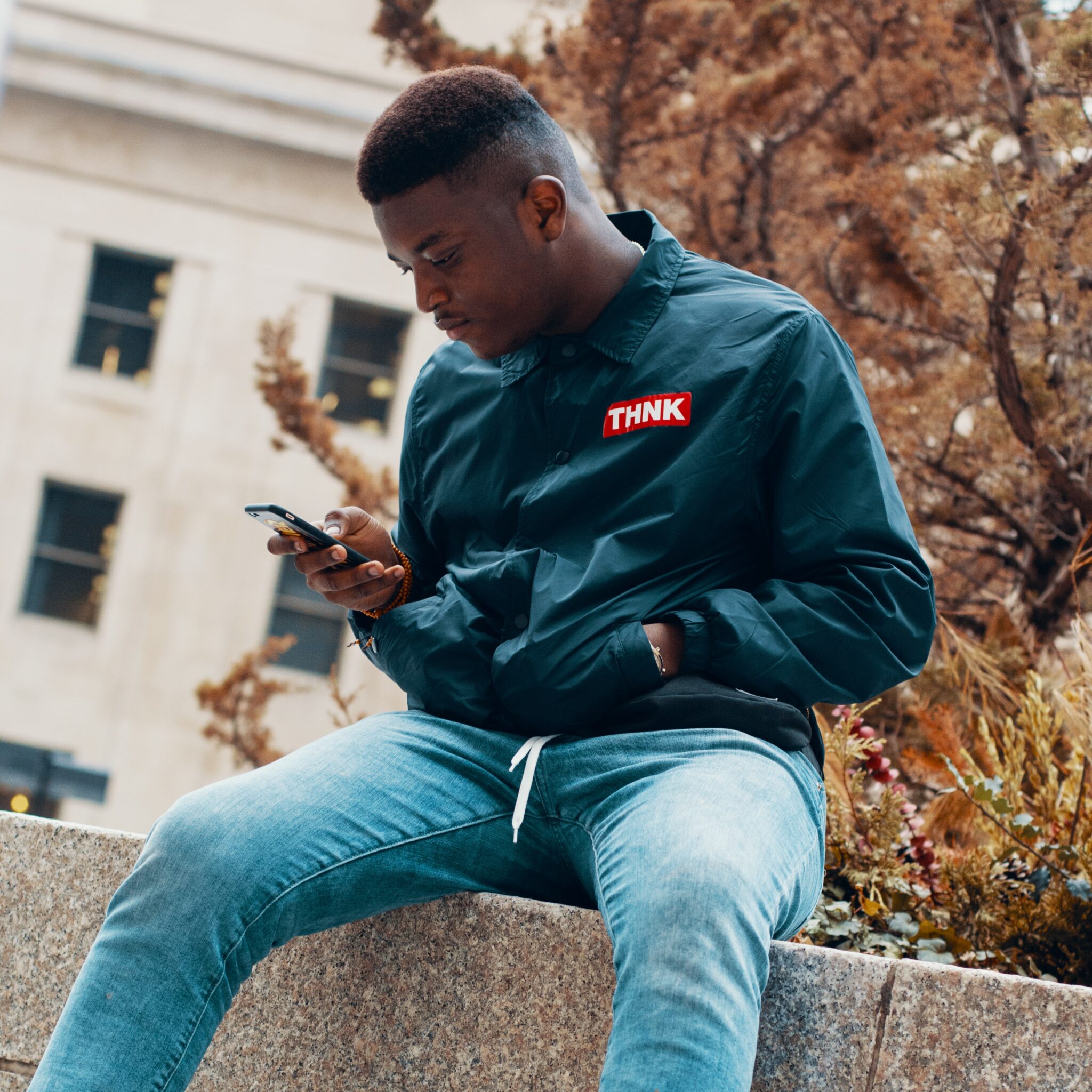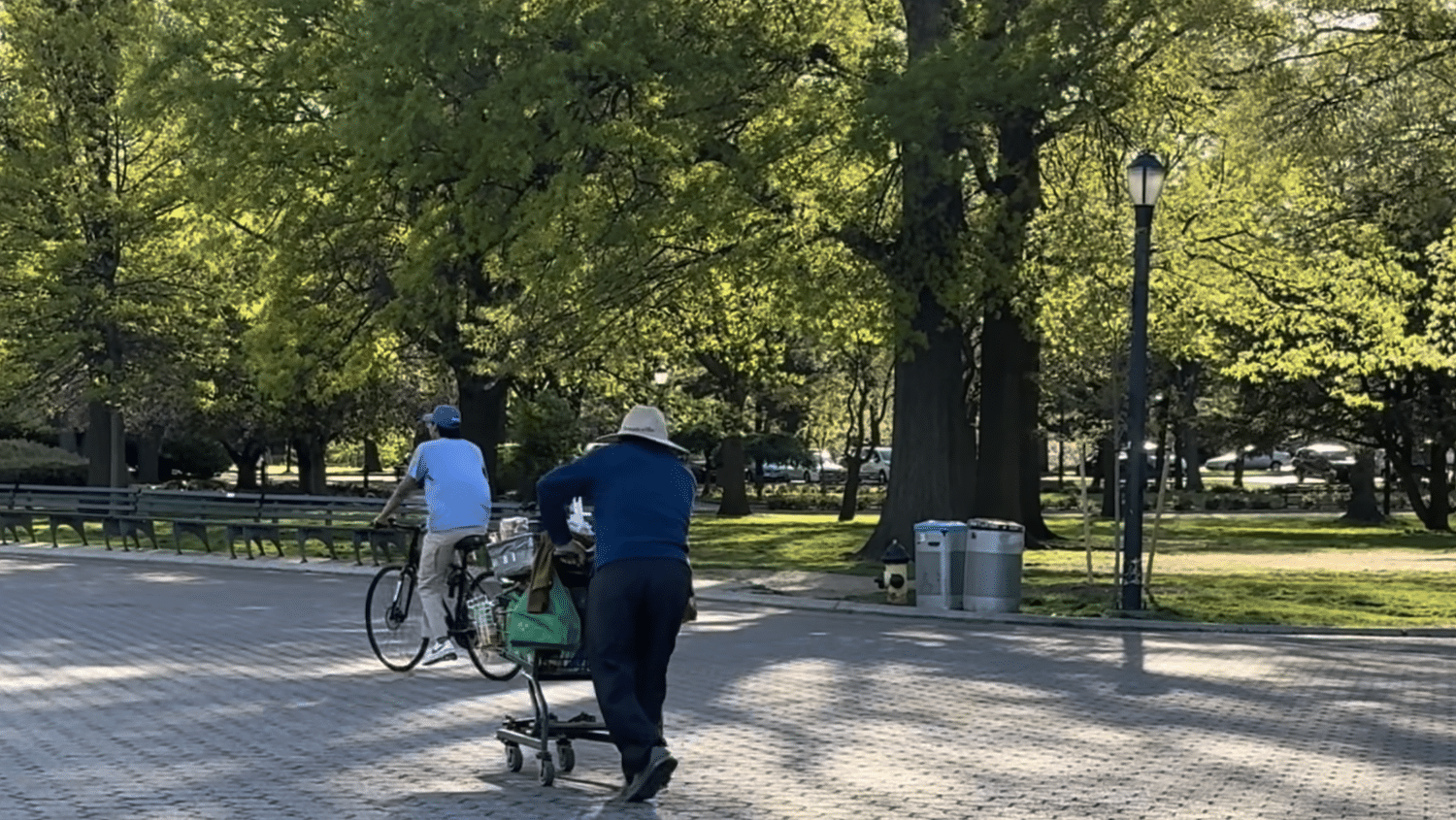Gen Zers spend a lot of time on their phones, often scrolling for hours and feeling depressed and frustrated but unable to stop themselves. Photo by Timi David on Unsplash.
The struggle to stay off social media has been intense for Gen Z. Social media has been a part of our lives since we came out the womb. So, what happens to the mental health of teens when we’re on our phones 24/7?
The ChildMind Institute, a non-profit dedicated to the research of children and families’ mental health, looked at whether social media causes depression. It reviewed several recent studies and concluded that, “Teenage and young adult users who spend the most time on Instagram, Facebook and other platforms were shown to have substantially (from 13 to 66 percent) higher rate of reported depression than those who spent the least time.” With TikTok it seems to have made it worse for teens and anyone who lives on social media.
Anthony Riveros, an 18-year-old Baruch College Freshman, would catch himself scrolling through Instagram and wonder what he was doing. “I felt as though I was scrolling through images for hours that I didn’t really care for. Although I hated sitting for hours on my phone it felt like I was stuck on it,” he said.
Other Gen Zer’s like Anthony said they had similar experiences. Michael Ortega, a 21-year-old City College senior saw himself deleting TikTok just to re-download it the next day. “I would stay up all night watching TikTok, sometimes by the time I decided to put my phone down I could hear the birds chirping,” he said. Michael realized he was losing time and sleep. So he decided to delete it for good. “I’m much happier now that I deleted the apps for good, I’m sleeping at a reasonable hour and getting up early.”
While it may have been easy for Ortega to delete his social media apps, not a lot of people can say the same. MediaKix, an influence marketing agency, found that 210 million people suffer from internet and social media addictions worldwide.
Social media can be used as an escape for many individuals or end up being a source of insecurities for some. Kassandra Lozano, a 20-year-old Nassau Community student understands this feeling all too well. “Every time I finish using Instagram, I always feel like I’m not doing enough compared to the people I follow. I try to stay optimistic but it’s hard,” she said.
A study from MediaKix shows that teens who spend more than five hours per day using their phones were almost twice as likely to exhibit depressive symptoms than counterparts who dedicated only one hour on their phone.
Kassandra Lozano said, “As resourceful as social media can be for people, it something that’s damaging the lives of so many. Gen Z is tearing themselves away from reality and stuck in the realm of Instagram and TikTok.”
Tags: addiction City College Journalism Cuny Facebook Gen Z Instagram Social Media Social Media Addiction The City College of New York TikTok






